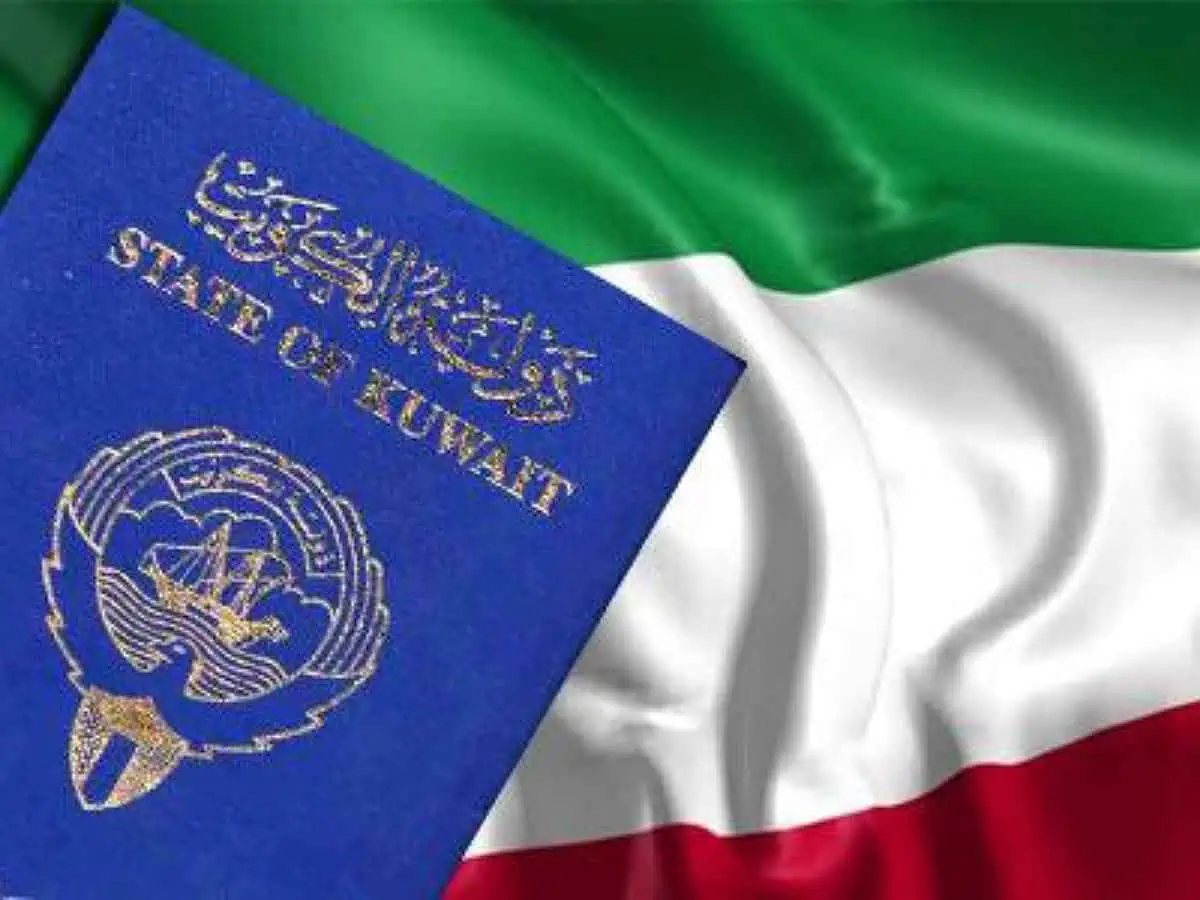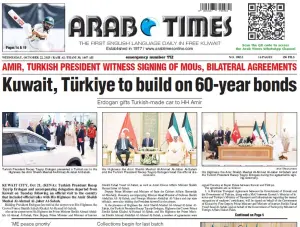23/12/2024
23/12/2024

KUWAIT CITY, Dec 23: The government is actively working on finding comprehensive solutions for individuals whose Kuwaiti citizenship has been revoked, whether for financial or procedural reasons, ensuring their rights are protected while considering the humanitarian aspect, particularly in relation to "Article 8." This includes urging ministerial committees to explore various legal and procedural concepts for each concerned party.
In this context, a government meeting was held, involving officials from the Ministries of Justice, Health, Education, Trade and Industry, the Small and Medium Enterprises Development Fund, the Credit Bank, the Public Institution for Housing Care, the Public Institution for Social Security, and a representative from the banks. According to informed sources, the main topic of discussion was how to address those whose citizenship has been revoked according to the regulations and laws. The focus was on determining the appropriate measures, especially from a humanitarian perspective, and specifically for the wives of Kuwaitis under Article 8. Government sources have indicated that there is a possibility of granting a passport similar to the Kuwaiti passport (blue), with a status noted in the nationality box.
The discussion raised several important questions: How should individuals who are legally and procedurally wanted be handled? What should be done with those who own personal property, such as a house, after their citizenship has been revoked, especially if they are no longer Kuwaiti and do not have the right to own property? In such cases, should they be given a grace period to regularize their situation and sell their house? If so, should this be a traditional or extended grace period, considering the exceptional nature of the situation? Additionally, should the payment mechanism for property transactions be restricted to bank accounts or certified checks, or should other forms of payment be accepted, especially if there is a risk of fictitious transfers?
Another key issue discussed was the Credit Bank’s role in dealing with housing installments for individuals whose nationalities were revoked due to fraud. The question was raised whether to start legal proceedings against these individuals or wait, and whether the process of reclaiming their houses should begin immediately or later. Additionally, what should be done if there is a surplus, such as if the individual’s entitlement is less than the price of the house?
Regarding "residential care," the question was raised about whether the house of an individual whose citizenship was revoked should be immediately reclaimed, especially if it is their only residence and is occupied by Kuwaitis.
The discussion also extended to the Ministry of Commerce and Industry, specifically regarding how to handle construction support claims and whether the Ministry's role is limited to listing those whose citizenship has been revoked or if it should actively seek repayment for funds granted. Furthermore, questions arose about how the Ministry would address complaints from shareholders in companies where Kuwaiti ownership is now in question due to revoked citizenship, and how ownership records should be amended.
The meeting also focused on entrepreneurs whose nationalities were revoked and who had obtained loans from the Kuwait Fund for Small and Medium Enterprise Development. There was a discussion about whether their support would continue or cease, as well as how to handle their existing projects, particularly operational ones, and the status of their loan installments if they are in default.
From an educational and health perspective, the meeting addressed the situation of children whose parents had their citizenship revoked. The question was whether these students should be immediately recalled from their scholarships and whether their educational status would be affected. Additionally, the Ministry of Health’s role in providing services to individuals whose citizenship was revoked was discussed, including whether they would be treated as stateless individuals or continue to receive treatment as Kuwaiti citizens.
Regarding insurance, it was confirmed that non-Kuwaitis, except for a specific group of Gulf nationals, are not entitled to retirement pensions. As a result, the institution will stop deductions for individuals whose citizenship has been revoked and will not grant retirement salaries in the future. It was also noted that these individuals are not entitled to recover insurance premiums paid during their time as citizens.
For those whose citizenship was revoked under Article 8 of the Nationality Law (wives, divorcees, and widows of Kuwaitis), the discussion focused on whether they would continue to receive their salaries or pensions. It was clarified that, under current law, they would no longer be eligible for retirement payments, and a legislative amendment would be required to restore their entitlements.
In banking, the discussion centered on how banks should handle accounts belonging to individuals whose citizenship was revoked. It was confirmed that banks are required to block the accounts of these individuals, but they can still access funds for paying installments or government dues. However, complications arose regarding how to manage individuals who are authorized to sign for company accounts but do not have personal accounts, as their nationality status changes.
The meeting concluded with an agreement that each concerned party would prepare a detailed report outlining their views on how to handle individuals whose citizenship has been revoked. The goal is to implement government directives while addressing legal and procedural challenges. It was emphasized that humane solutions would be sought for deserving cases, particularly for the wives of Kuwaitis under Article 8.
The sources also stressed that the procedures being studied would apply only to deserving cases. In cases of citizenship revocation due to fraud or forgery, the appropriate legal actions, including referral to the Public Prosecution, will be taken in accordance with the law.


